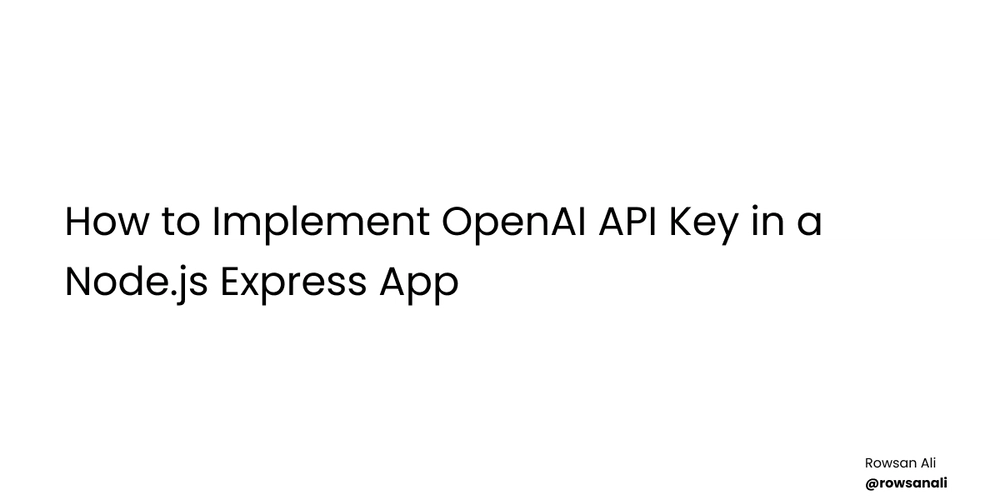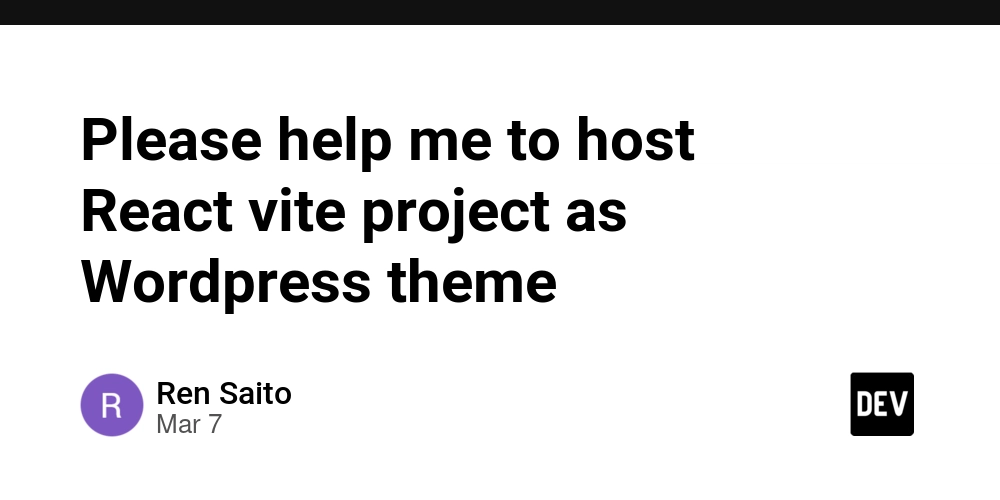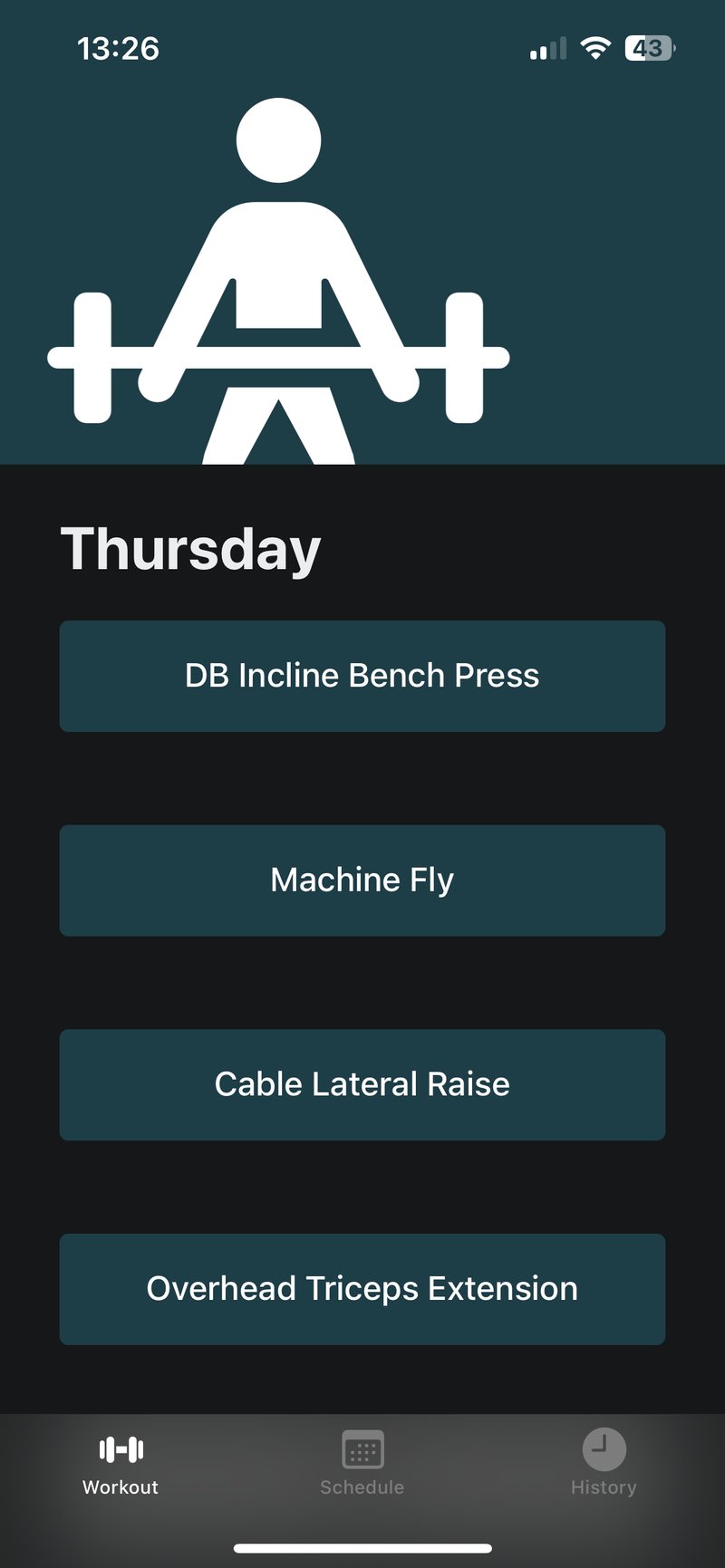uBlock Origin is Dead in Chrome: What Next for Ad Blocking?
Abstract: Chrome’s upcoming Manifest V3 update is shaking up ad blocking tools. The popular uBlock Origin will lose its full functionality in Chrome, forcing users to consider alternatives or even switch browsers. In this post, we explore the background of ad blockers, explain the key changes in Manifest V3, detail alternatives like uBlock Origin Lite, Adblock Plus, AdGuard, and Ghostery, address privacy concerns, and even look into how this shift might connect with the Web3 revolution. In doing so, we present practical advice, technical insights, and forward-looking trends for users and developers alike. Introduction Ad blockers have long been central to online privacy. Tools like uBlock Origin have earned a reputation for being both fast and lightweight. However, with the roll out of Chrome’s Manifest V3 update by June 2025, uBlock Origin will soon lose its full ad-blocking power in Chrome. This blog post dives deep into what this change means, why it matters from both technology and privacy perspectives, and what steps users can take to protect themselves online. In this article, we explore the evolution of ad blockers under Chrome’s new system, compare the available alternatives and browsers, and address the broader implications for open-source software and Web3 innovations. Whether you are a seasoned developer or a privacy-conscious user, this post will offer practical insights and technical guidance. Background and Context History of Ad Blockers Ad blocking tools began as a response to intrusive online advertisements. Early solutions targeted only pop-ups. Over time, projects like uBlock Origin emerged to block not just ads, but also trackers and popups. uBlock Origin became popular because of its efficient use of resources and its open-source GNU General Public License v3 model that let anyone verify its code for security. What is Chrome Manifest V3? Chrome Manifest V3 is a new security and performance framework for Chrome extensions. According to the Chrome Extensions: Migrate to Manifest V3 documentation, the update replaces the old WebRequest API with a more limited declarativeNetRequest API. This change means that powerful ad blockers like uBlock Origin cannot function as they used to. An in-depth article on The Verge explains that these changes are aimed at improving security and speed. However, for developers and users relying on advanced ad blocking features such as dynamic and cosmetic filtering, the switch means significant limitations. Open-Source Licensing and Its Role Open-source software is critical to building trust. Tools like uBlock Origin, Firefox, and LibreWolf offer complete transparency. Open-source licensing ensures that their code is open to inspection, modification, and distribution. Under licenses such as the GNU GPL v3 or the Mozilla Public License used in Firefox, communities can continuously improve these tools. The role of open-source is further explored in discussions like EFF on Open Source and is central in our analysis today. Core Concepts and Features The Impact of Manifest V3 on uBlock Origin Manifest V3 limits the types of API calls an extension can make. uBlock Origin relies on the legacy WebRequest API to block trackers and ads dynamically. With Manifest V3, this functionality is restricted, forcing uBlock Origin to rely on a new and less capable mode. This forced change led to the development of alternatives like uBlock Origin Lite, which offers basic blocks of ads without more refined cosmetic filtering. Alternatives for Chrome Users For those who still want to use Chrome, several ad blocker alternatives have stepped up: uBlock Origin Lite: Updated for Manifest V3, it blocks basic ads but loses some of the advanced features. Adblock Plus: Also updated for Manifest V3, although it uses a limited set of filters compared to uBlock Origin. AdGuard: A beta version claims to offer good performance, though users might spot occasional bugs. Ghostery: Focuses on privacy-first blocking, catering to users who prioritize minimal tracking. Below is a comparison table of these ad blockers: Ad Blocker Manifest V3 Compatible Key Features Limitations uBlock Origin Lite Yes Basic ad blocking, lightweight No cosmetic filtering Adblock Plus Yes Uses a curated filter list Limited filter options AdGuard Yes (Beta) Advanced blocking, continuously updated Potential bugs in beta version Ghostery Yes Privacy-first, tracker blocking Varies by website performance Browser Alternatives for Full uBlock Origin Support If you want the full power of uBlock Origin, consider switching from Chrome. Here are three top choices: Firefox: Known for its strong privacy settings and open-source Mozilla Public License. With Firefox, uBlock Origin works at full strength. More details on Firefox privacy can be found on the official Firefox Privacy Notice. LibreWolf
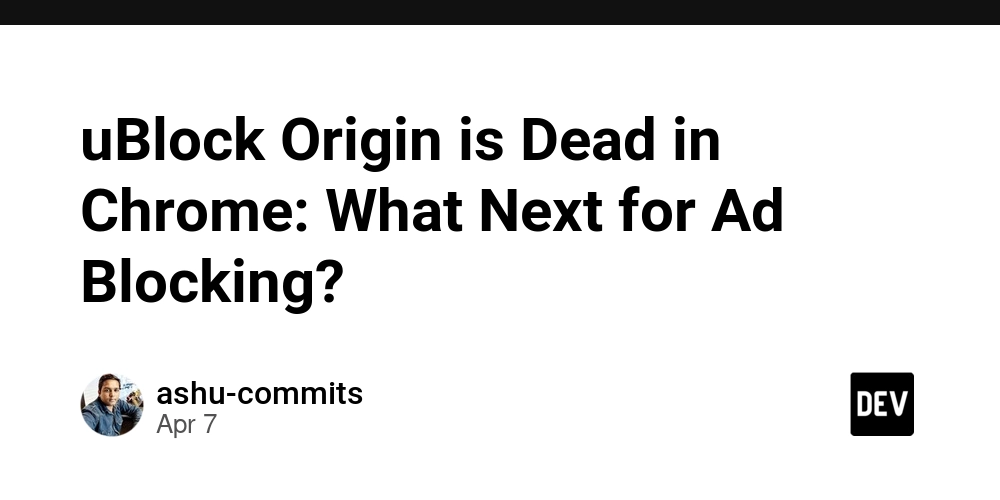
Abstract:
Chrome’s upcoming Manifest V3 update is shaking up ad blocking tools. The popular uBlock Origin will lose its full functionality in Chrome, forcing users to consider alternatives or even switch browsers. In this post, we explore the background of ad blockers, explain the key changes in Manifest V3, detail alternatives like uBlock Origin Lite, Adblock Plus, AdGuard, and Ghostery, address privacy concerns, and even look into how this shift might connect with the Web3 revolution. In doing so, we present practical advice, technical insights, and forward-looking trends for users and developers alike.
Introduction
Ad blockers have long been central to online privacy. Tools like uBlock Origin have earned a reputation for being both fast and lightweight. However, with the roll out of Chrome’s Manifest V3 update by June 2025, uBlock Origin will soon lose its full ad-blocking power in Chrome. This blog post dives deep into what this change means, why it matters from both technology and privacy perspectives, and what steps users can take to protect themselves online.
In this article, we explore the evolution of ad blockers under Chrome’s new system, compare the available alternatives and browsers, and address the broader implications for open-source software and Web3 innovations. Whether you are a seasoned developer or a privacy-conscious user, this post will offer practical insights and technical guidance.
Background and Context
History of Ad Blockers
Ad blocking tools began as a response to intrusive online advertisements. Early solutions targeted only pop-ups. Over time, projects like uBlock Origin emerged to block not just ads, but also trackers and popups. uBlock Origin became popular because of its efficient use of resources and its open-source GNU General Public License v3 model that let anyone verify its code for security.
What is Chrome Manifest V3?
Chrome Manifest V3 is a new security and performance framework for Chrome extensions. According to the Chrome Extensions: Migrate to Manifest V3 documentation, the update replaces the old WebRequest API with a more limited declarativeNetRequest API. This change means that powerful ad blockers like uBlock Origin cannot function as they used to.
An in-depth article on The Verge explains that these changes are aimed at improving security and speed. However, for developers and users relying on advanced ad blocking features such as dynamic and cosmetic filtering, the switch means significant limitations.
Open-Source Licensing and Its Role
Open-source software is critical to building trust. Tools like uBlock Origin, Firefox, and LibreWolf offer complete transparency. Open-source licensing ensures that their code is open to inspection, modification, and distribution. Under licenses such as the GNU GPL v3 or the Mozilla Public License used in Firefox, communities can continuously improve these tools. The role of open-source is further explored in discussions like EFF on Open Source and is central in our analysis today.
Core Concepts and Features
The Impact of Manifest V3 on uBlock Origin
Manifest V3 limits the types of API calls an extension can make. uBlock Origin relies on the legacy WebRequest API to block trackers and ads dynamically. With Manifest V3, this functionality is restricted, forcing uBlock Origin to rely on a new and less capable mode. This forced change led to the development of alternatives like uBlock Origin Lite, which offers basic blocks of ads without more refined cosmetic filtering.
Alternatives for Chrome Users
For those who still want to use Chrome, several ad blocker alternatives have stepped up:
- uBlock Origin Lite: Updated for Manifest V3, it blocks basic ads but loses some of the advanced features.
- Adblock Plus: Also updated for Manifest V3, although it uses a limited set of filters compared to uBlock Origin.
- AdGuard: A beta version claims to offer good performance, though users might spot occasional bugs.
- Ghostery: Focuses on privacy-first blocking, catering to users who prioritize minimal tracking.
Below is a comparison table of these ad blockers:
| Ad Blocker | Manifest V3 Compatible | Key Features | Limitations |
|---|---|---|---|
| uBlock Origin Lite | Yes | Basic ad blocking, lightweight | No cosmetic filtering |
| Adblock Plus | Yes | Uses a curated filter list | Limited filter options |
| AdGuard | Yes (Beta) | Advanced blocking, continuously updated | Potential bugs in beta version |
| Ghostery | Yes | Privacy-first, tracker blocking | Varies by website performance |
Browser Alternatives for Full uBlock Origin Support
If you want the full power of uBlock Origin, consider switching from Chrome. Here are three top choices:
- Firefox: Known for its strong privacy settings and open-source Mozilla Public License. With Firefox, uBlock Origin works at full strength. More details on Firefox privacy can be found on the official Firefox Privacy Notice.
- LibreWolf: A privacy-focused fork of Firefox that comes with uBlock Origin built in. It has strict privacy settings by default and minimizes data sharing.
- Brave: Although Brave comes with its own built-in ad blocker called Shields, its integration with Web3 makes it a compelling option for users interested in blockchain-based features like Brave Rewards and NFT wallet support.
A quick look at the browser comparisons:
| Browser | uBlock Origin Support | Privacy Level | Extra Features |
|---|---|---|---|
| Chrome | uBlock Lite only | Basic privacy | Vast ecosystem but limited ad blocking |
| Firefox | Full support | Adjustable privacy | Open-source and community driven |
| LibreWolf | Full, built-in | Very high privacy | Extra privacy settings |
| Brave | Not needed (Shields built-in) | High privacy | Web3 features and token rewards |
Applications and Use Cases
Example 1: Enhancing User Privacy
A user concerned about third-party tracking can benefit from switching from Chrome to Firefox. With uBlock Origin running in its full capacity, Firefox blocks not only ads but also unwanted trackers dynamically. Users can control which data is shared, as well as customize filters. For more detailed guidance, see the resource uBlock Origin works best on Firefox.
Example 2: Leveraging Web3 and Cryptocurrency Insights
Brave introduces an innovative approach by combining ad blocking with Web3 features. Instead of merely blocking ads, Brave Shields not only provide ad blocking but also reward users with Basic Attention Token (BAT) for viewing ads. This model offers a new incentive paradigm where users can support content creators. Insightful discussions on this emerging model can be found in articles like TechCrunch on Brave.
Example 3: Developer and Community Impact
Open-source licensing is key to the success of tools like uBlock Origin. Developers and stakeholders in the open-source community find that changes to Chrome’s extension system can influence how projects are funded, maintained, and upgraded. Communities have explored alternative licensing models, such as those discussed at License Token, that aim to bridge funding gaps and foster innovation by using new paradigms like blockchain.
A beneficial bullet list summarizing key benefits of switching browsers or ad blockers includes:
- Enhanced Privacy: Full ad blocker functionality on Firefox and LibreWolf.
- Improved Performance: Lightweight extensions leading to faster browsing.
- Blockchain Integration: Brave offers token rewards that align with Web3 innovations.
- Open-Source Transparency: Verified code builds trust among users.
Challenges and Limitations
Technical Limitations of Manifest V3
Manifest V3 clearly aims to improve security and performance, yet it limits dynamic control over network requests. This means developers of ad blockers lose flexibility. Chromes’ new declarativeNetRequest API restricts ad blockers from performing customization such as cosmetic filtering. This technical limitation is the primary reason for the degradation in performance for many advanced users relying on uBlock Origin.
Adoption Challenges
Migration to alternative browser solutions is not entirely straightforward. For example:
- Learning Curve: Switching between browsers like Chrome, Firefox, and Brave requires users to adjust to new ecosystems.
- Compatibility: Some websites are optimized for Chromium, leaving a trade-off between robust ad blocking and other browsing conveniences.
- Ecosystem Fragmentation: Developers must maintain multiple versions of tools across different browsers. Such fragmentation may delay updates and reduce cohesion within open-source communities.
Concerns Over Web3 and Privacy
While Brave’s integration with Web3 introduces innovative ad-blocking models (where you earn tokens through ad views), some users are skeptical about how cryptocurrencies interact with privacy. Critics argue that the blockchain model, while decentralized, may also bring new risks or complexities. Given this tension, users must weigh the benefits of token rewards against any emerging privacy implications.
Future Outlook and Innovations
Enhanced Open-Source Solutions
The disruption caused by Manifest V3 is likely to foster new developments within the open-source community. Developers are already working on solutions such as uBlock Origin Lite and experimental adaptations that strive to keep pace with Google’s limitations. Innovative licensing and funding initiatives, such as the Open Compensation Token License, are emerging to support ongoing development and maintenance of these critical privacy tools.
Browser and Ecosystem Evolution
Future trends may see a greater divergence between browsers. Firefox and LibreWolf are set to continue evolving with a strong emphasis on privacy and customization. Meanwhile, browsers like Brave prove that combining ad blocking with Web3 features can create new business models for supporting online content. An article on Brave Rewards highlights how this approach could redefine online advertising and user engagement.
Integration with Blockchain and NFTs
The intersection between ad blocking and blockchain is yet another intriguing development. Already, the concepts of ad blocking with token rewards and NFT integrations are under discussion. Some experts speculate that owning a token might eventually grant lifetime ad-blocking privileges or exclusive content access. This emergent area is being explored in posts on platforms like Dev.to and Dev.to by Bob Cars.
Predictions for the Next Five Years
Looking into the future, several trends are likely to shape the landscape of ad blocking and online privacy:
- Continued Fragmentation: As browsers and extension models diverge, users and developers will need to consider trade-offs between functionality and privacy.
- Growth in Open-Source Funding: New funding models such as crypto-based rewards and tokenization will further support open-source projects.
- Rise of Decentralized Browsers: With the popularity of Web3, decentralized browsers that offer robust privacy and innovative functionalities will gain traction.
- User Empowerment: Enhanced transparency and community governance in browsers and ad blockers will empower users to decide what levels of advertising, privacy, and token rewards suit their needs.
Summary
Chrome’s Manifest V3 marks a major turning point in online privacy and ad blocking. uBlock Origin, long favored by millions for its efficient performance and open-source ethics, will lose its full capacity in Chrome. This change has prompted the development of alternatives like uBlock Origin Lite, Adblock Plus, AdGuard, and Ghostery for Chromium-based browsers. Meanwhile, for users seeking full ad blocking power and enhanced privacy, browsers like Firefox and LibreWolf offer robust alternatives. Brave, with its unique integration of Web3 features, presents a forward-looking option for those intrigued by cryptocurrency and token rewards.
We also explored how the shift in browser extension architecture affects not only ad blocking but also broader open-source software funding paradigms. From technical limitations imposed by Manifest V3 to the promise of blockchain innovations, the future is likely to see both challenges and exciting new solutions. As the debate continues, users are advised to carefully consider their browser and tool choices according to their specific needs—be it privacy, performance, or embracing the new decentralized model.
For more details on these topics, you may find the original article uBlock Origin is Dead in Chrome: Here’s What You Can Do very informative. Additional insights on the migration process can be found on Chrome's Manifest V3 migration guide and The Verge’s coverage.
Extra Resources and Further Reading
For readers who want to explore more on open-source licensing, ad blocking technologies, and the role of blockchain in safeguarding online privacy, check out these authoritative sources:
- uBlock Origin GitHub Repository
- Mozilla Privacy Policy and Data Sharing Settings
- AdBlock Plus Manifest V3 Updates
- AdGuard’s Blog on Manifest V3
- Ghostery’s Latest on Ad Blocking
Additionally, several great discussions on developer platforms include:
- Unveiling GNU GPL v3 – A deep dive into open-source licenses
- Navigating the Crossroads: Cyberwarfare meets open-source license compliance
- Open Source Developer Patronage Programs: A sustainable future for FOSS
These resources provide further insight into the evolving world of open-source software, blockchain integration, and ad-blocking strategies.
Conclusion
The transformation of Chrome’s extension ecosystem via Manifest V3 paints a complex, yet fascinating future for ad blocking. Users who have long relied on uBlock Origin now face a fork in the road. You can remain on Chrome, using the available alternatives, or switch to browsers like Firefox, LibreWolf, or Brave to access the full suite of advanced ad blocking and privacy features.
From a technical standpoint, the loss of dynamic filtering in Chrome is a critical change. However, as we have seen, the community is already experimenting with innovative open-source funding and blockchain-based rewards that could redefine the entire experience of online privacy and ad blocking.
The choices you make today—whether to change browser or adopt alternative ad blockers—will shape your online privacy and browsing experience for years to come. As developers work on new solutions and funding models evolve, staying informed and flexible is key. Ultimately, in a landscape where privacy, open-source ethos, and technology intersect, your choice signals a broader movement toward a more transparent, user-empowered web.
Stay tuned, stay secure, and embrace the next generation of web innovation.
Happy browsing and coding!




























![[Webinar] AI Is Already Inside Your SaaS Stack — Learn How to Prevent the Next Silent Breach](https://blogger.googleusercontent.com/img/b/R29vZ2xl/AVvXsEiOWn65wd33dg2uO99NrtKbpYLfcepwOLidQDMls0HXKlA91k6HURluRA4WXgJRAZldEe1VReMQZyyYt1PgnoAn5JPpILsWlXIzmrBSs_TBoyPwO7hZrWouBg2-O3mdeoeSGY-l9_bsZB7vbpKjTSvG93zNytjxgTaMPqo9iq9Z5pGa05CJOs9uXpwHFT4/s1600/ai-cyber.jpg?#)














































































































































![[The AI Show Episode 144]: ChatGPT’s New Memory, Shopify CEO’s Leaked “AI First” Memo, Google Cloud Next Releases, o3 and o4-mini Coming Soon & Llama 4’s Rocky Launch](https://www.marketingaiinstitute.com/hubfs/ep%20144%20cover.png)















































































































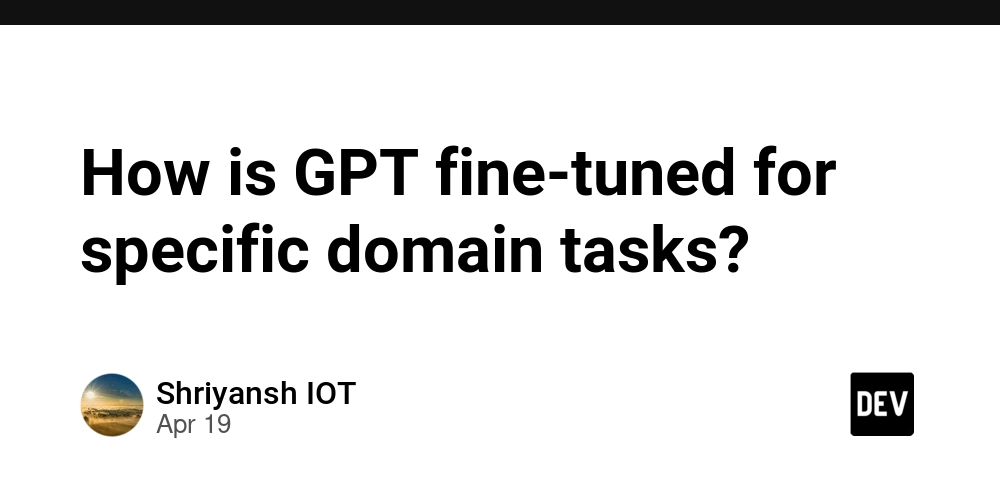
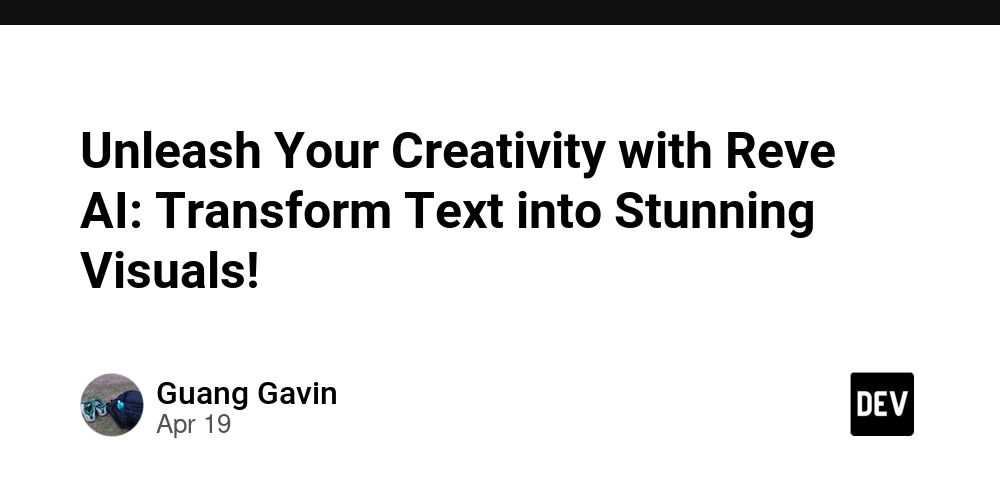

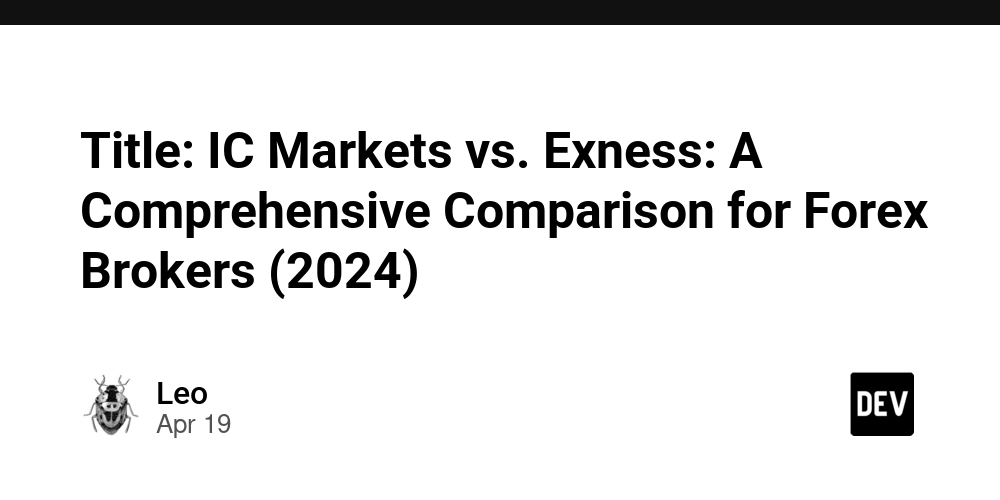

















































































![Rogue Company Elite tier list of best characters [April 2025]](https://media.pocketgamer.com/artwork/na-33136-1657102075/rogue-company-ios-android-tier-cover.jpg?#)








































































_Andreas_Prott_Alamy.jpg?width=1280&auto=webp&quality=80&disable=upscale#)


























































































![What’s new in Android’s April 2025 Google System Updates [U: 4/18]](https://i0.wp.com/9to5google.com/wp-content/uploads/sites/4/2025/01/google-play-services-3.jpg?resize=1200%2C628&quality=82&strip=all&ssl=1)










![Apple Watch Series 10 Back On Sale for $299! [Lowest Price Ever]](https://www.iclarified.com/images/news/96657/96657/96657-640.jpg)
![EU Postpones Apple App Store Fines Amid Tariff Negotiations [Report]](https://www.iclarified.com/images/news/97068/97068/97068-640.jpg)
![Apple Slips to Fifth in China's Smartphone Market with 9% Decline [Report]](https://www.iclarified.com/images/news/97065/97065/97065-640.jpg)

































































































































